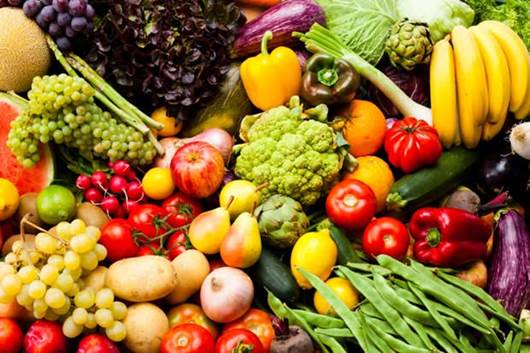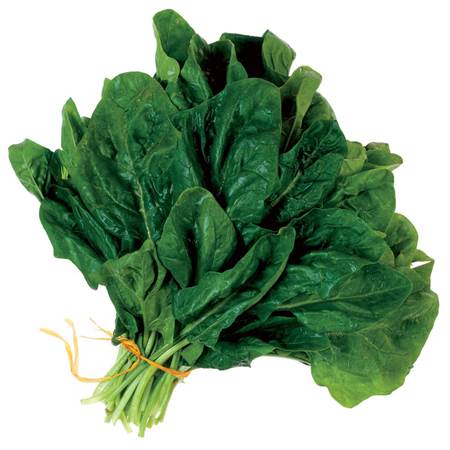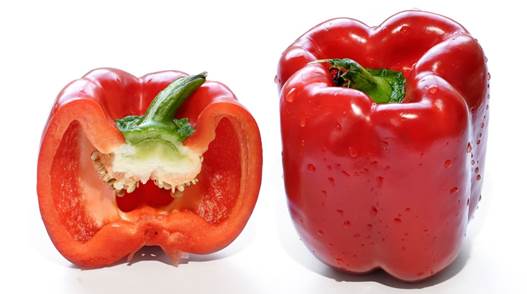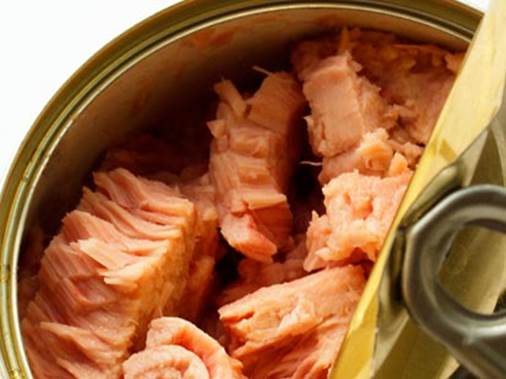If you’re used to always solving your
skin concerns from the outside, it could be time to change your approach and
take a look at your diet instead
To fight: wrinkles
You need to eat...
A lentil salad, made with an olive
oil-based dressing.
It helps because...
When Melbourne researchers set out to learn
which foods made a difference in the fight against wrinkles, along with
vegetables, legumes and olive oil were found to offer the best protection. As
for how much of an influence diet has on wrinkles, the research found that 32
per cent of 'wrinkle variance' between people's skin is down to diet.

Boost the benefit...
By eating foods which have a low glycaemic
index (Gl). Scientists in the Netherlands discovered a link between long-term
elevated blood sugar levels - something high-GI foods can contribute to over
time and looking older. The researchers found that every small increment of
glucose per liter of blood added five months to a person's perceived age, even
after factors such as sun damage and smoking status had been accounted for.
To fight: a dull complexion
You need to eat...
Two extra serves of brightly-colored fruit
and vegetables a day.
It helps because...
Carrots, pumpkin, capsicum and oranges
contain a variety of carotenoids, antioxidant pigments responsible for their
colors. And it’s the carotenoids that improve skin color, say researchers from
the UK’s University of St Andrews. In their study, participants showed an enhanced
skin color after just six weeks of eating an extra two serves of fruit and
vegetables a day.

Carrots,
pumpkin, capsicum and oranges contain a variety of carotenoids, antioxidant
pigments responsible for their colors
Boost the benefit...
By eating your carotenoid-rich fruit and
veg with a healthy source of fat. Why? Carotenoids are fat-soluble, which,
according to researchers from the US, means they’re best absorbed when eaten
with a full-fat dressing. But not all fats are equal choose a dressing made
with monounsaturated fats, such as olive oil or avocado.
To fight: Pimples
You need to eat...
Fewer refined and processed carbohydrates.
It helps because...
US researchers "say foods such as
white bread, pasta, and highly-processed cereals cause a series of reactions in
the body that increase the production of the bacteria responsible for acne.
Scientists from Melbourne's RMIT University also pinpoint poor-quality
carbohydrates as having a role in pimple formation. Their study found that a
low-GI diet, which included wholegrain rather than refined carbs, reduced
pimples by as much as 50 per cent because it lowered levels of insulin, a
hormone that contributes to blocked pores which causes oil build-up under the
skin.
Boost the benefit...
By including zinc-rich foods in your diet.
Turkish scientists confirm that low zinc levels are a common denominator among
people with acne. A 100g serve of grilled, lean beef provides close to 100 per
cent of daily zinc requirements, while two medium oysters provide 120 per cent.
To fight: the risk of skin cancer
You need to eat... Spinach.

Spinach
It helps because...
According to Australian researchers, green,
leafy vegetables such as spinach and silver beet contain a potent mlx of
nutrients including folic acid, vitamin A and the carotenoids lutein and Zeaxanthin
that may help to boost the skins natural defenses against skin cancer. The
study also found that when people with a history of the disease ate at least
three serves of these vegetables a week, they more than halved their risk of
their cancer recurring.
Boost the benefit...
By serving V or cooking the vegetable with
a sprinkling of lemon zest. Like all citrus fruit, lemon peel contains
limonene, which has an anti-cancer action. US scientists discovered a link
between an increased consumption of citrus peel and a degree of protection
against squamous cell carcinoma, a particular type of skin cancer.
To fight:
Cuts and wounds
You need to eat... Red capsicum.
It helps because...
One cup, or 85g, of red capsicum contains
more than one-and-a-half times the amount of vitamin C that’s recommended
daily, with UK researchers saying the more you get of that vitamin the better,
as it encourages wound healing. According to the scientists, one key to the
finding is the fact that DNA repair is enhanced in people who regularly consume
vitamin C supplements.

One
cup, or 85g, of red capsicum contains more than one-and-a-half times the amount
of vitamin C that’s recommended daily
Boost the benefit...
By eating the “capsicum raw. Scottish
researchers discovered that red capsicum becomes very acidic when cooked
certain ways, such as stewing, and this change poses a danger for teeth enamel.
To fight: aging caused by the sun
You need to eat... Tomatoes.
It helps because...
Tomatoes are a valuable source of lycopene,
an antioxidant that researchers from the UK’s Newcastle University say reduces
damage to the skin’s mitochondrial DNA, a process that’s linked to skin ageing.
And when Manchester-based scientists studied the effects of a tomato-rich diet,
which involved consuming 55g of tomato paste daily over a three-month period,
they not only discovered that people had 33 per cent more protection against
sunburn, but also increased levels of pro collagen, a molecule that gives the
skin Its structure.
Boost the benefit...
By eating tomatoes that have been cooked
with olive oil. Just two minutes of cooking boosts a tomato’s lycopene content
by 54 per cent.
To fight: Eczema
You need to eat... Tinned salmon.
It helps because...
Both red and pink salmon contain large
amounts of marine source omega-3s, with a 150g serve providing 2115mg of the
healthy fat, which is more than four times the recommended daily intake. German
researchers discovered that after just eight weeks of consuming more marine
omega-3s than usual, people’s eczema improved by more than 20 per cent.

Both
red and pink salmon contain large amounts of marine source omega-3s
Boost the benefit...
By minimizing how much soluble fiber you
eat with the salmon. Found in a variety of foods including vegetables, lentils
and soy products, soluble fibers, such as pectin, work to ‘wrap’ fatty acids in
the digestive tract, something that actively helps decrease their absorption.
To fight: dry, irritated skin
You need to eat...
Dark chocolate and salad dressings made
with flaxseed oil.
It helps because...
According to two separate studies, both
work to decrease trans-epidermal water loss, or how much water is lost via the
skin, as well as helping to reduce redness, roughness and scaling. Why? It’s
all thanks to the antioxidant content of the chocolate and the fact that
flaxseed oil is a rich source of plant-based omega-3s, a healthy
polyunsaturated fat.
Boost the benefit...
By knowing which of the two you can heat,
and which you can’t. While a study performed at San Diego State University
confirmed that heating or melting dark chocolate doesn’t affect its antioxidant
content, it’s important to keep flaxseed oil away from heat to avoid destroying
fragile polyunsaturated fats.